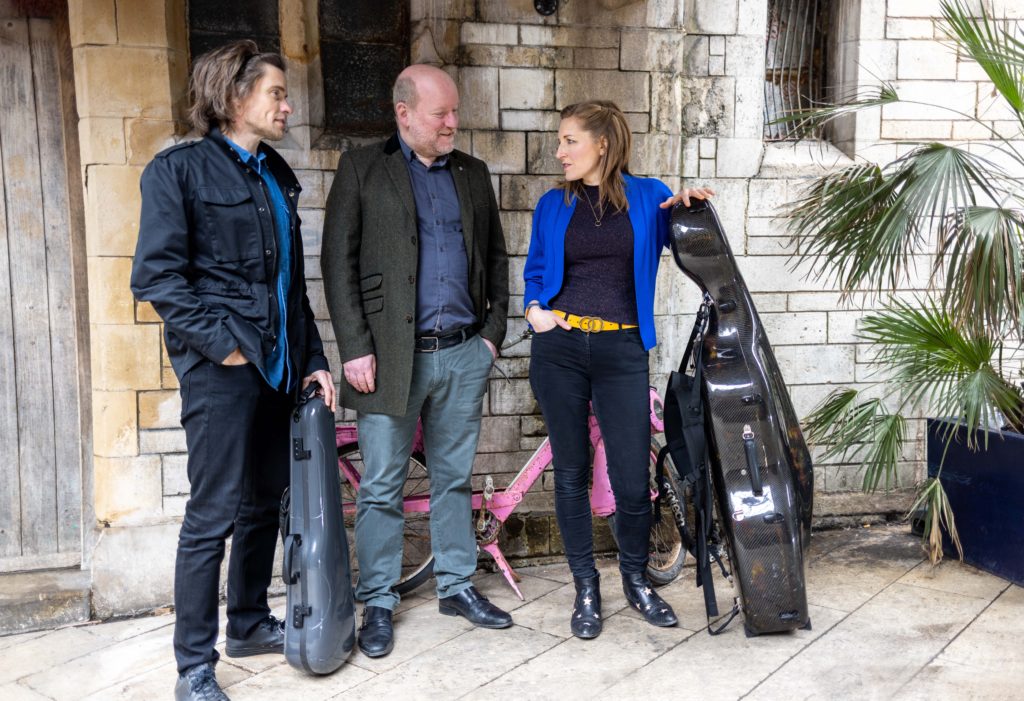
British Music Society of York: London Bridge Trio, Sir Jack Lyons Concert Hall, University of York, November 10
IT came as a surprise to find that the London Bridge Trio, renowned for its championing of English composers, is already into its third decade.
Its appearance for the British Music Society of York contained no English music, but a tasty combination of early Beethoven and late Fauré, with Schumann’s First Piano Trio for finale.
Beethoven’s first three trios – his first official opus – were his calling card as he summoned up the courage to journey to Vienna from his birthplace in Bonn at the age of 21. They did the trick and opened many doors for him.
Op 1 No 2 in D, full of variety, speaks of an imagination off the leash for the first time. There was at once clarity and spaciousness in the ensemble’s approach, a feel for the structure without obvious signposting.
The slow movement was measured, as the trio relished its improvisatory structure, while the scherzo with its offbeat accents made a lively contrast, calmed down only in its closing six-bar calando (simultaneous decrease in sound and speed). The mood of suppressed excitement in the finale burst into the open in the closing bars.
Fauré’s only piano trio, by contrast, was the work of a 78-year-old. Its ebb and flow was remarkably cogent here, as the ensemble – launched by the cello’s theme – sustained a steady momentum throughout the opening allegro.
The slow movement was meditative, its tempo leisurely, but eventually generating warmth from the central bleakness. The finale was the antithesis of this, using its syncopation and cross accents to build excitement.
Schumann’s Op 63 in D minor, the same key as the Fauré, got off to a boisterous start, with its dotted main motif especially forceful. Its jack-in-the-box scherzo was scarcely less emphatic, bursting with surprises, although the trio was a good deal smoother.
The elegiac violin opening to the slow movement, picked up by the cello, was gently touching. But its moodiness was at once dispelled by the sunshine of the finale, now in the major key, and the final acceleration was exhilarating.
The London Bridge is a well-balanced ensemble, its pianist Daniel Tong never dominating. It was a privilege to share its many insights.
Review by Martin Dreyer
